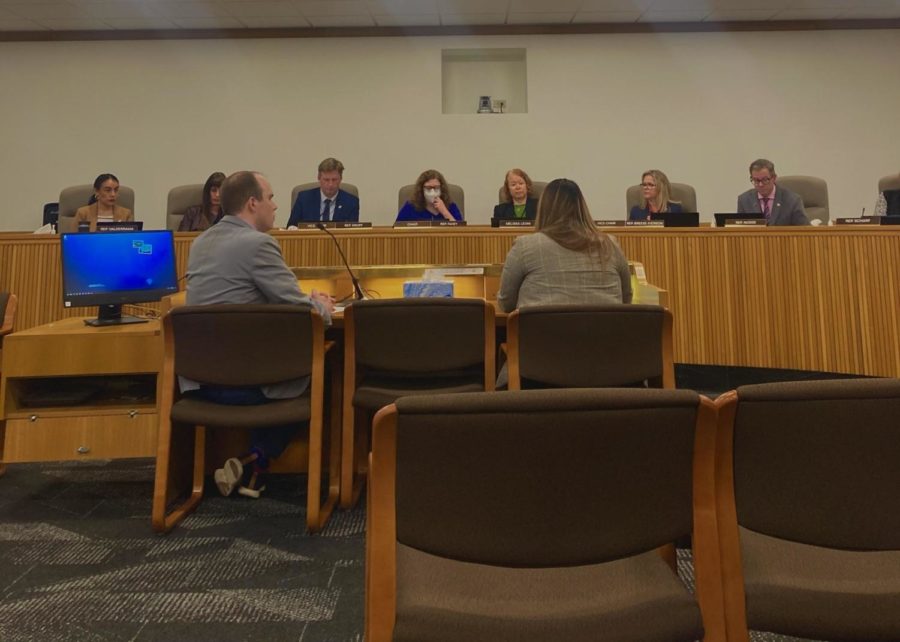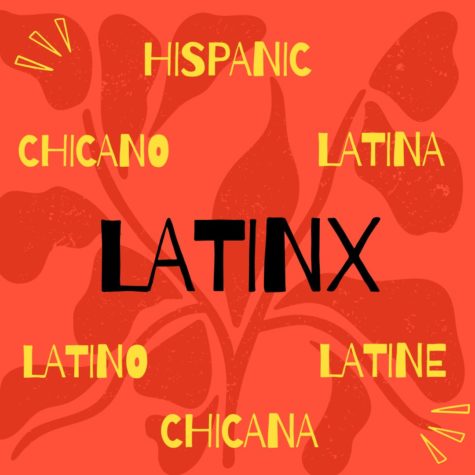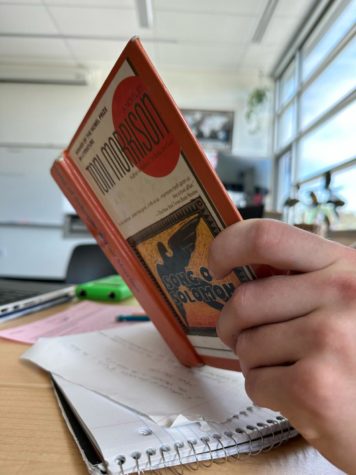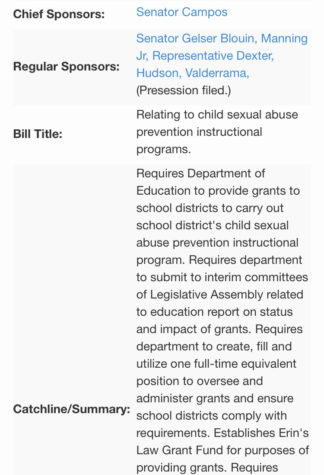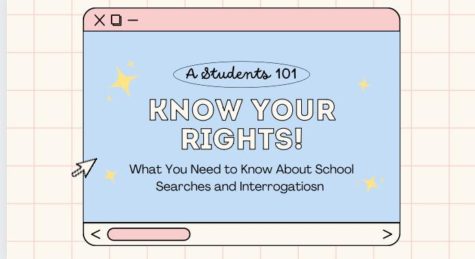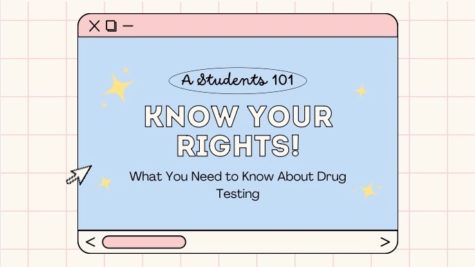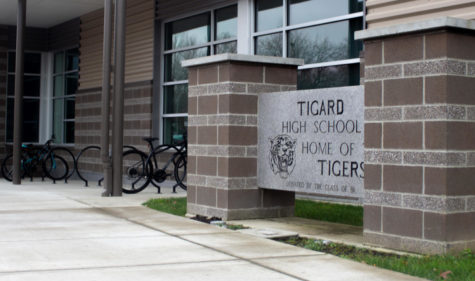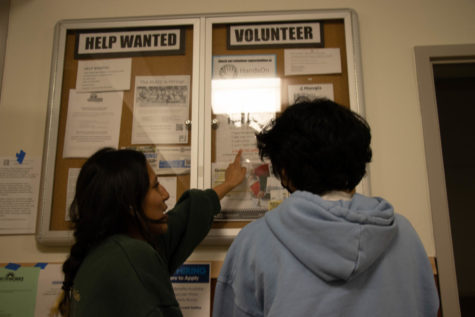Students need a say in school board elections
Rep. Bowman and Rep. Ngyuen introduce HB 3206. They give testimony as to why it’s important to lower the voting age to 16 for school board elections at the first legislative hearing in front of the House Committee on Rules.
March 20, 2023
When reviewing footage for the TTSD Interim Committee to fill a vacant board position, all interviewees were asked one question: who does the school board ultimately serve? Nearly all of the applicants had answered that the school board ultimately served the parents, citing concerns that had seemed foreign to enrolled students within the district. One of the interviewees had gone as far as referring to students as “cockroaches”.
In the 2023 Long Session, a 6-month legislative period alternating every other year is currently considering HB 3206, a piece of legislation that would lower the voting age for school board elections for non-partisan positions. This bill was led by a coalition of youth-based organizations, most notably NextUp Oregon, and organizations working on building youth power through civic engagement.
When it comes to lowering the voting age for school board elections, it would force those applying for school board positions to mold their policy strategies to match those of the district they are serving. It would force those who are running to actually serve the students, and those in the community, not just potential voters. It would create accountability within the school system to ensure that we have a representative system.
I have personally been advocating for this bill for the last two years, and this year it was reintroduced as a house bill by Representative Bowman, HB 3206.
A statement from Representative Bowman reveals, “In my view, allowing 16- and 17-year-olds to vote is the best form of civic education… allowing students the opportunity to participate in school board elections — a nonpartisan local election that directly impacts their educational experience — is an excellent place for them to begin developing good voting habits.”
One of the most popular counter arguments for this bill is the lack of a student’s brain development due to their age; however, there has been evidence that has proven this wrong. Although it is true that the prefrontal cortex, a part of your brain behind your forehead in charge of regulating thoughts, actions, and emotions, is not finished developing until the age of 25. However different parts of the prefrontal cortex develop at different times of a person’s adolescence. The part of a person’s brain that is responsible for making decisions under low-pressure situations whilst processing information is known as “cold cognition”, which is also located within the prefrontal cortex, and is developed by the age of 15, generally.
Decision-making skills have already been developed and are an essential part of a teenager’s day-to-day life. By the time a student is a junior in high school, they are asked to know what they want to do for the next 40 years of their professional lives, something that is monumentally more difficult than researching and reading background information on candidates and voting.
Additionally, 16 and 17 year olds can work up to 44 hours a week, pay full income tax, are eligible to drive, and be held on trial as adults. Furthermore, 16-year-olds can make autonomous medical decisions themselves. The law is currently picking and choosing when they want to consider students as adults, and denying them the right to take control over their futures.
When researching opposition to this bill for this specific cycle, there has been a surge of comments attacking the educational abilities of students themselves. Due to the educational standards, students are actually taught about civics and government interwoven within other humanities classes, such as history. TTSD students have also gone through a government and economics class, which is required for graduation in the district, and in growing districts around the state. However, on a more important note, education level has never been used as a requirement when establishing who is eligible for voting. This was banned through the Voting Rights Act of 1965, which banned any measures of intelligence (i.e literacy tests), which were being used to target African American voters in the south.
The concept itself is not too radical, considering many different places around the country have lowered the voting age for school board elections. Five states, Hawaii, Michigan, Maryland, Massachusetts, Illinois, and Washington DC have introduced legislation to lower the voting age for school board elections, although not very well implemented across all counties in those respective states. Student-led coalitions formed in California as well, pushing for local change in voting habits. They were successful in their efforts, eventually earning the right to vote in Berkeley, San Francisco, Oakland, and Palo Alto.
But personally, I have been able to talk to my peers and listen to their struggles and problems with the current system, and their frustrations that have never been addressed formally. As one of the student representatives for the high school, I can only represent a very particular demographic of a 2,000-count student body. Even then, student representatives do not have a formalized vote in the decision-making process.
As the main population living through the decisions of school districts, it’s important that we have a formal representation of who can make these decisions in the first place. It gives us a seat at the table of what our educational futures look like.


